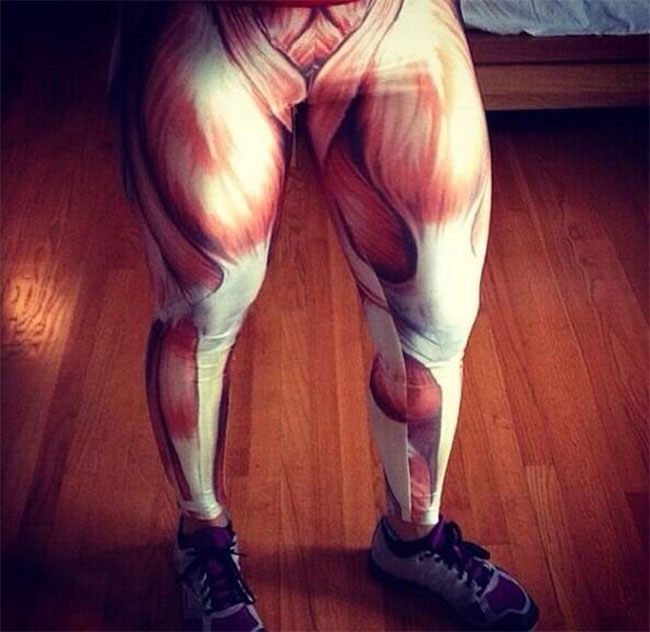To me, as a nonbinary trans masculine poet, I think about the rightness or definition of my gender in a similar way to how I think about a poem that resonates deep down into my soul. Sure, I can point to concrete details big, small, and structural as to why that poem works for me, but that will never be the whole story of why it's so meaningful, why it feels perfect. It's a kind of magic. Which I know sounds hokey, but whatever.
I know that I like slick images, em dashes, and enjambment, but that doesn't mean a poem with all these components will work for me. I know I like getting sweaty, wearing a binder, painting my nails, fixing my bike, and being called "sir," but all of those things don't necessarily add up to my gender.
My gender, just like the meaning in poems, is too big/complicated to be defined just by the currently available language of words and physical/visual concepts (like fashion). Yes, gender is in these words and symbols, but gender is also in the negative space, the implied universe beyond definition. Gender exists in ways we don't have language or symbols for yet. But like a poem we don't wholly understand, yet moves us deeply, gender affects our lives.
 |
| from Kim Addonizio's poetry manual Ordinary Genius |
And now that I'm out in this open/negative space, it's a bit scary and kind of lonely. People in a hurry sometime get angry that the words on the page are confusing and tend not to consider the negative space (aka the rest of my identity). Sometimes it hurts to be overlooked but honestly, I'm much happier this way. I don't feel so small. And, though it's sometimes lonely, I don't think I'm alone. Out here in the negative space is, I think, where we can all be our most complex and human.
So, friend, come with me into the ample life-giving void. Let's boldly go where no words have gone before.
<3 Wryly
PS Watch all of Kat Blaque's videos because they are SO amazing.





.jpg)